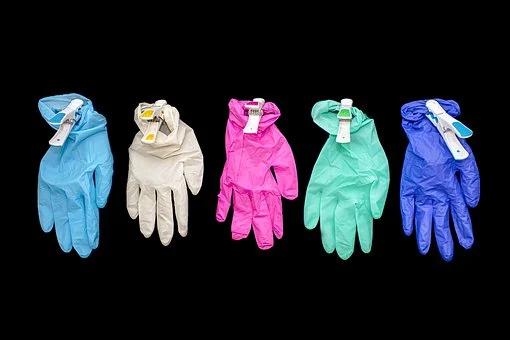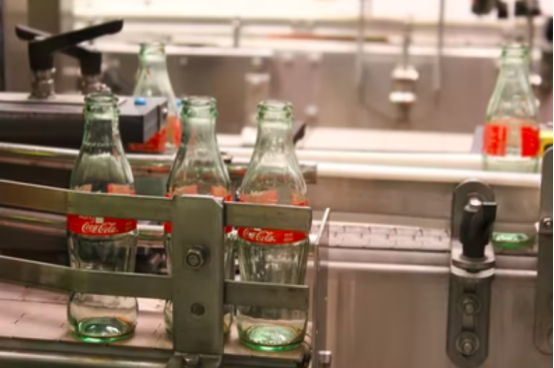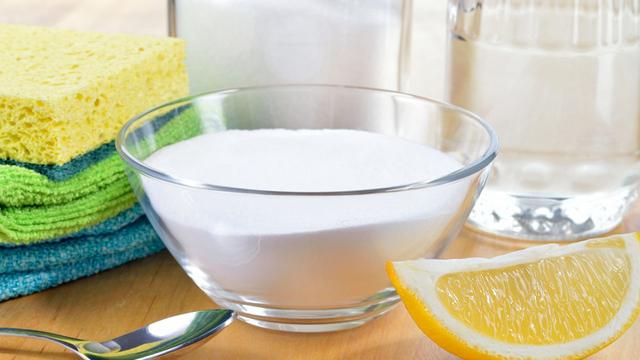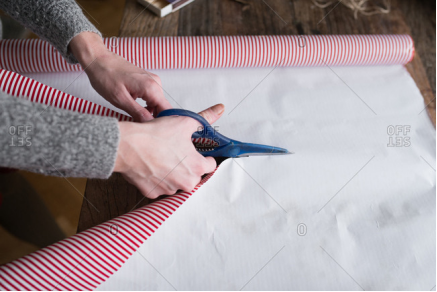Today’s Top Stories
SALT LAKE CITY — The Salt Lake City Health Department shared tips Friday on how to keep the smoke from getting in your house and mucking up your indoor air quality.
“With wildfire smoke recently becoming more of a concern as fires burn in several western states, the Salt Lake County Health Department’s air quality experts warn that even if you are not in immediate proximity to a fire, smoke imported by weather systems can still be a significant health concern—especially for people with underlying health conditions,” the Department said.
They say obviously smoke can get into your house through open doors and windows, but also through “mechanical ways such as an HVAC system, or through infiltration of cracks or small openings in the structure.”
Keep the smoke out of your house
They recommend the following tips:

Try to keep the most obvious entry points to your home closed as much as possible. If you don’t have air conditioning, when your area is affected by wildfire smoke the EPA recommends using fans instead of opening windows—or seek relief from heat at a Salt Lake County Cool Zone.
Evaporative coolers bring air from outside to help cool the home; during a heat emergency, consider visiting a Cool Zone instead of using a swamp cooler, or limit its use as much as possible.
If your AC unit has a setting to recirculate air, use that option instead of outside “fresh” air. This also applies to central air systems: if there is a fresh air circulation option, try to turn this off temporarily.
Adding to the smoke by burning or cooking outside is ill-advised during wildfire events. Things like recreational fires or smoker grills can make the air worse for you and your neighbors.
The EPA recommends using indoor air purifiers on the highest possible setting during fires. If you have a central air system with filtration, run the system’s fan on the highest possible setting; this moves the air particles around that have settled and helps get them out.
Vacuuming can temporarily make your indoor air quality worse, by kicking up dust and small particles—unless your vacuum has HEPA filtration. So, consider postponing your house cleaning until the wildfire smoke passes (you’re welcome!).
If there’s ever an excuse not to work-out strenuously—especially outdoors—it’s during a smoke event. Cardiovascular exercise increases the amount of air you take into your lungs, so consider having a rest day during significant wildfires.
If air quality is visibly poor, use an N95 or KN95 mask when outdoors; with cases again surging, you’ll also help protect yourself from public COVID transmission.







